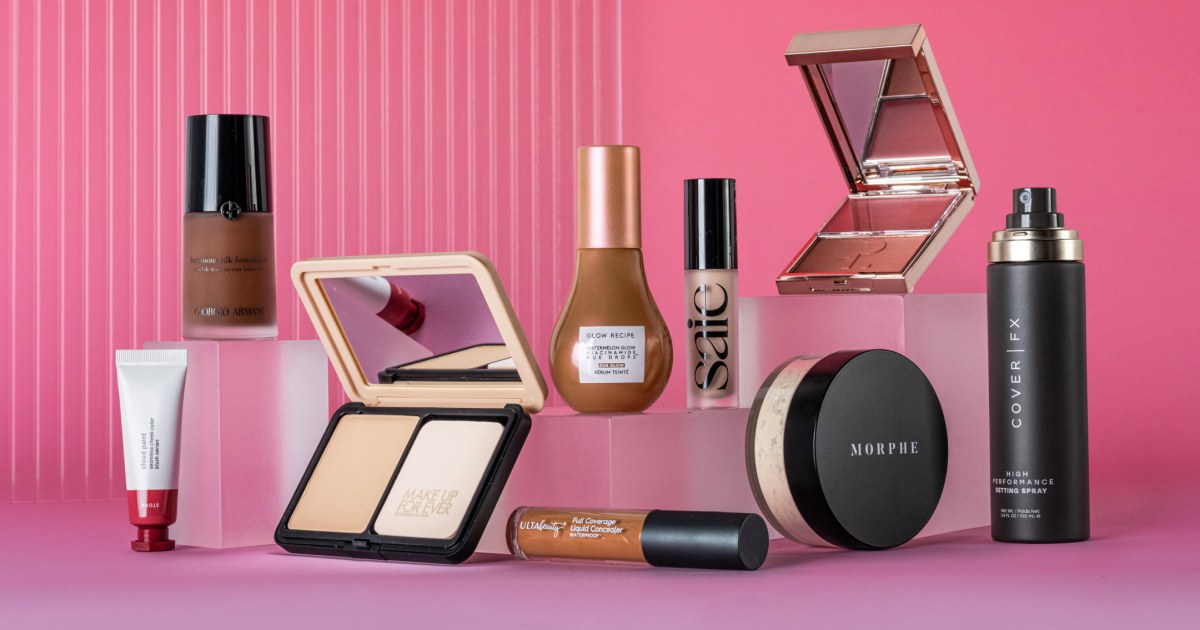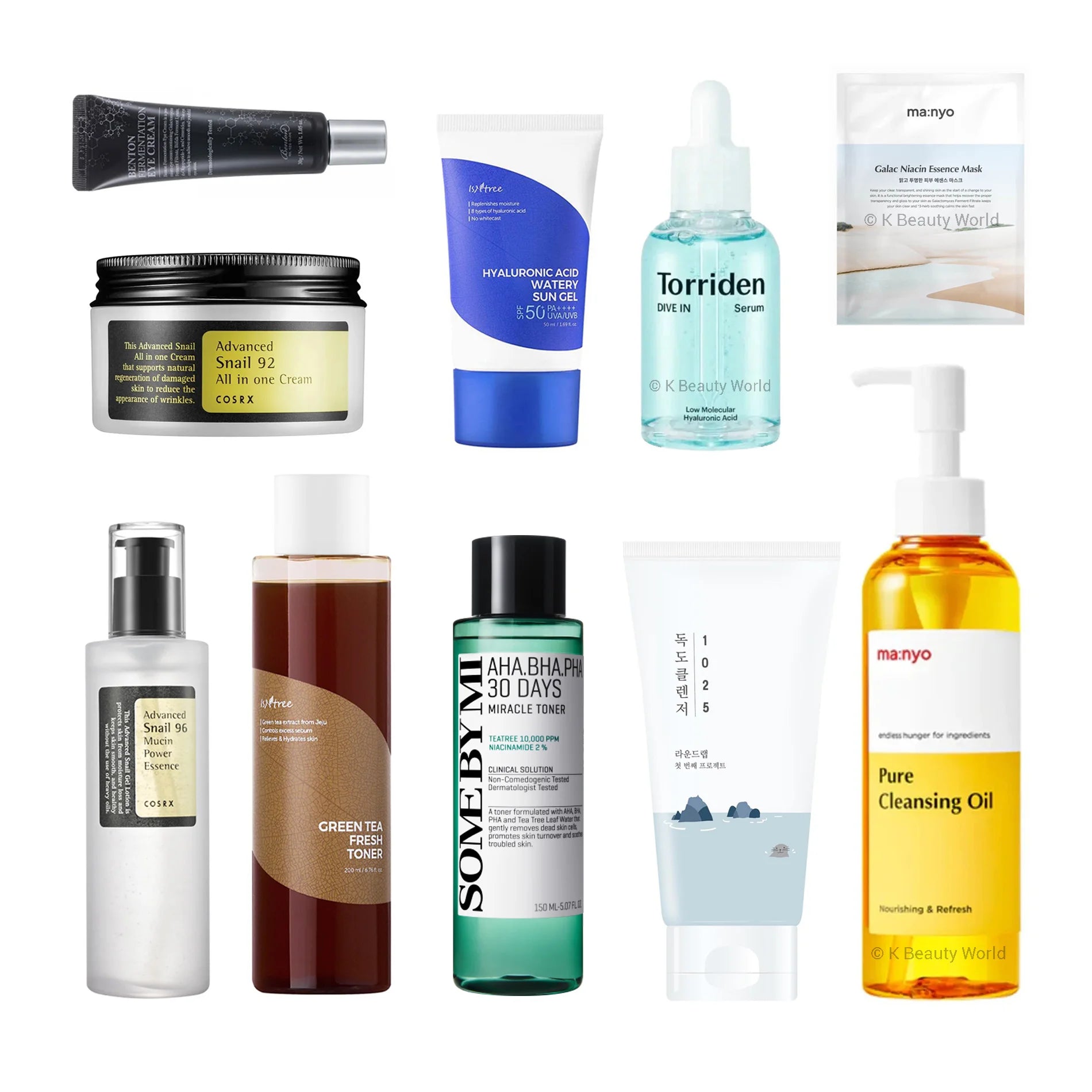Cruelty-Free Beauty: A Comprehensive Look of Ethical Makeup and Skincare
Cruelty-Free Beauty: A Comprehensive Look of Ethical Makeup and Skincare
Blog Article
Why Cruelty-Free Elegance Products Are the Future of Skincare and Cosmetics
The shift in the direction of cruelty-free appeal items is not just a trend; it mirrors a considerable transformation in customer values and market methods. As awareness around honest usage surges, specifically amongst younger demographics, brand names are compelled to reevaluate their testing methods and ingredient sourcing. This development is additional moved by improvements in technology, which promise reliable options to standard animal screening. Nevertheless, the implications of this change prolong past customer choices, questioning about the future of regulatory standards and brand name honesty. What remains to be seen is exactly how these characteristics will form the landscape of the beauty sector.
Growing Consumer Awareness
The growing consumer awareness surrounding cruelty-free beauty items reflects a substantial shift in social values towards honest usage. As individuals progressively focus on the well-being of animals and look for to make informed investing in choices, the need for products that are not examined on animals has actually risen. This enhanced awareness is driven by a combination of aspects, consisting of the surge of electronic systems that facilitate expertise sharing, better transparency from brands, and campaigning for campaigns that highlight the moral ramifications of typical screening methods.
Customers are now a lot more complete than ever to study and identify cruelty-free brand names, leading to a much more discerning marketplace. More youthful generations, specifically millennials and Gen Z, are leading the cost, usually deciding for brand names that symbolize their moral position.
Moral Factors To Consider in Beauty
Ethical considerations in beauty prolong past the realm of animal welfare, including a wider range of social and ecological influences. Customers are significantly looking at the sourcing of components, labor techniques, and the ecological impact of charm products. Brand names that prioritize moral techniques frequently use sustainably sourced materials, lowering their ecological influence while supporting fair trade campaigns.
Moreover, the elegance sector has a considerable influence on global labor markets, especially in creating nations where several components are sourced. Honest brands support for equitable labor practices, guaranteeing that employees receive fair incomes and risk-free working conditions. This dedication to social obligation not just boosts the lives of those associated with the manufacturing process yet additionally reverberates with customers that value openness and integrity.
In addition, the ecological influence of product packaging and manufacturing approaches can not be ignored. Brands are significantly adopting eco-friendly product packaging options and reducing waste, aligning with an expanding customer need for sustainability. By resolving these honest considerations, charm brands can promote a more diligent market that values both individuals and the planet, leading the means for a future where liable techniques are the norm rather than the exception.

The Influence On Brand Loyalty
Customer loyalty to beauty brand names is significantly influenced by moral techniques, especially in the world of cruelty-free and sustainable products. cruelty-free beauty. As click reference customers come to be more socially conscious, their acquiring choices are often guided by the ethical implications of the items they choose. Brands that focus on cruelty-free techniques not just attract this growing market yet useful site also promote a sense of trust and integrity amongst their customer base

In addition, the transparency surrounding cruelty-free accreditations improves customer confidence in the brand's dedication to moral practices. This openness can develop a psychological link between the customer and the brand, more strengthening commitment. In an era where brand name online reputation is increasingly inspected, the dedication to cruelty-free techniques is not just a pattern however a substantial factor in long-term brand commitment.
Developments in Cruelty-Free Formulations
As brand name commitment increasingly pivots on moral techniques, business are responding with cutting-edge approaches to cruelty-free formulations. The industry is witnessing a rise in the development of options to animal screening, utilizing advanced innovations such as artificial insemination testing and computer system modeling. These approaches not just satisfy moral criteria but also increase item development timelines.
Moreover, numerous brand names are harnessing the power of natural ingredients that are both effective and lasting. Plant-based extracts, bioengineered compounds, and morally sourced products are gaining traction, interesting ecologically aware customers. Developments in conservation techniques, such as making use of all-natural preservatives, boost item long life without compromising cruelty-free integrity.
Brand names are additionally spending in clear sourcing techniques, permitting consumers to trace the origin of components. pop over to this web-site This transparency fosters trust and equips consumers to make enlightened selections. Additionally, partnerships with non-profit organizations and cruelty-free qualifications are becoming more typical, signaling a dedication to ethical techniques.
As the demand for cruelty-free products remains to rise, these innovations not just redefine industry standards yet additionally contribute to an extra humane future for appeal and skincare. The dedication to honest formulas is reshaping customer expectations and driving the market toward greater liability.
The Future of Regulatory Criteria
The landscape of governing requirements for cruelty-free elegance products is progressing quickly in feedback to growing customer demand for openness and ethical techniques. As consumers increasingly prioritize humane therapy of animals in product development, regulative bodies are being urged to develop more clear guidelines and certifications that delineate what comprises cruelty-free.
Existing laws vary extensively by region, producing complication amongst customers and makers alike. cruelty-free beauty. In the future, we can anticipate a relocation toward standardized meanings and standards, potentially leading to a linked global structure. This would not only boost customer trust fund but likewise motivate extra brands to take on cruelty-free practices
Moreover, developments in technology, such as alternate screening approaches and artificial insemination versions, are most likely to affect regulatory standards. These technologies might lead the way for a lot more stringent demands that prioritize humane methods without compromising product safety or effectiveness.
The collaboration in between market stakeholders, campaigning for teams, and regulatory authorities will be essential in shaping these requirements. By promoting dialogue and creating cohesive plans, the elegance market can ensure that cruelty-free methods come to be an important component of its moral landscape, inevitably profiting consumers, animals, and the environment.
Conclusion
Enhancing customer understanding and moral considerations drive brands to take on gentle practices, promoting greater brand name commitment. Inevitably, the dedication to cruelty-free techniques is important for brands seeking to grow in an affordable market, as it reverberates deeply with the values of contemporary customers.
Report this page